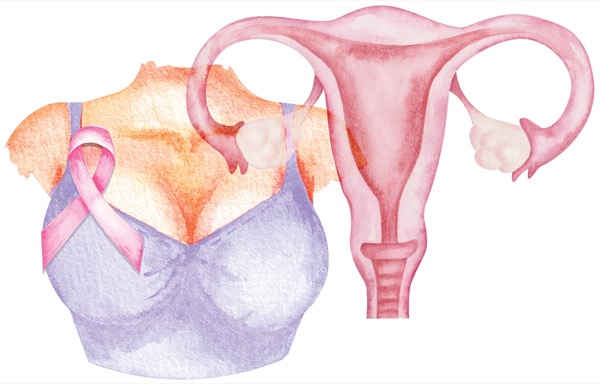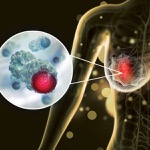
The incidence of young women with breast cancer (YWBC) is steadily increasing, and supportive care programs can empower these women to face the unique challenges of their diagnosis, according to a team of Canadian researchers (Ann Palliat Med 2024;13[5]:1246-1257).
With younger patients, “it can be especially important and helpful to know a patient’s social history and plans for life in order to offer the best care possible,” explained study co-author Sandy Vuong, CCPA, a physician assistant and navigator at the PYNK Program for YWBC at the Sunnybrook Odette Cancer Centre, in Toronto.
Preserving fertility is the most unique need of YWBC identified by the researchers, according to Ms. Vuong and her co-researcher, Ellen Warner, MD, a medical oncologist at Sunnybrook. Although pregnancy has historically been contraindicated for this population, recent research cited by Ms. Vuong indicate that pregnancy after a breast cancer diagnosis can be safe (Hum Reprod 2022;37[5]:954-968). If a woman does want the option of bearing children after breast cancer treatment, “in general, it is safe to have a two- or two-and-a-half-week delay, for a patient to get fertility treatments before starting chemotherapy,” Ms. Vuong said.
Breast cancer screening is not recommended for most women who are younger than 40 years of age. This leads to YWBC being diagnosed with later-stage disease than screen-detected cancers in older women. Consequently, YWBC are more likely to require mastectomy, radiation and suppression of estrogen by either chemotherapy or hormonal therapy, she added.
These treatments can lead to early menopause, vasomotor symptoms, genitourinary symptoms and mood changes that can negatively affect a patient’s intimate life and self-esteem. These issues often are overlooked during regular oncology appointments. Fortunately, supportive care programs offer space for safe discussions on sexuality and intimacy changes post-treatment, Ms. Vuong noted.
Moreover, education and practical resources for addressing symptoms of early menopause, and channels to connect YWBC to a pelvic floor physiotherapist and/or sex therapist, can help improve quality of life, Ms. Vuong added.
Proactive Approach Is Crucial
Sandra Cuellar, PharmD, BCOP, a clinical associate professor of oncology therapeutics at the University of Illinois Retzky College of Pharmacy, in Chicago, underscored the importance of proactively managing adverse effects in YWBC. “Patients just don’t have to sit there and deal with side effects,” she said. “We ask ourselves, what can we do? With some adjuvant endocrine therapies, we can even switch the drug” and thereby potentially reducing side effects. “Women are empowered by having that information,” stressed Dr. Cuellar, who was not part of Ms. Vuong’s research.
Financial toxicity is also a concern, Ms. Vuong noted. YWBC face more financial toxicity than women who are diagnosed with breast cancer at an older age. This is due to younger women needing to take time off from work for treatment, higher rates of unpaid mortgages and a need to pay for child care, she explained. Furthermore, these women often have less access to free, or government subsidized, healthcare. Multidisciplinary supportive care teams with an experienced pharmacist who can help YWBC access lifesaving drugs at low or no cost are key to reducing financial toxicity. In the PYNK program, she noted, pharmacists connect patients to a drug access navigator who helps patients gain subsidized or free coverage.
At UIC, YWBC are offered similar support. “Sometimes patients don’t understand they have to have a deductible or are unaware of copay assistance programs,” Dr. Cuellar said. “Sometimes the institutions themselves offer free or subsidized care. We refer patients to an appropriate program so that they can afford the medication they need.”
Patients certainly appreciate such an approach. A survey of PYNK patients, for example, found that more than 90% of respondents were satisfied or very satisfied with the information, support and care provided.
The sources reported no relevant financial disclosures.
This article is from the March 2025 print issue.





